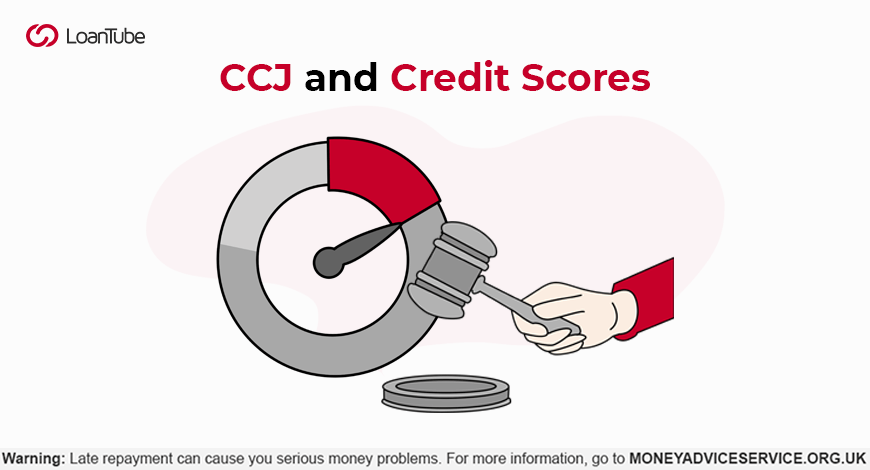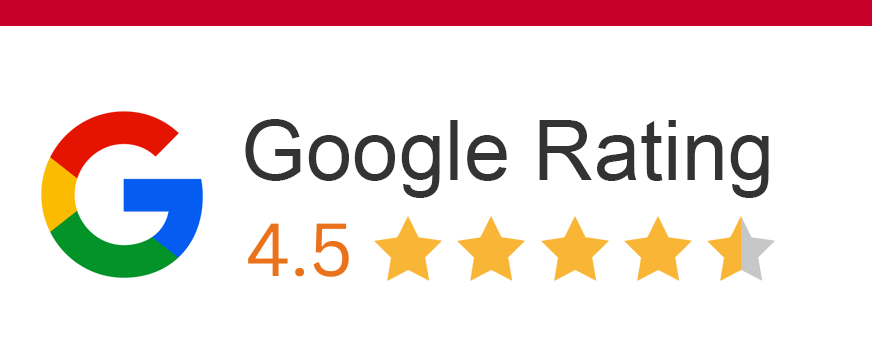What is a County Court Judgement (CCJ)?
- A County Court Judgement (CCJ) is a court order that is issued against a defaulter who fails to pay back their debt to a bank, lender or a financial institution. If you have been issued a CCJ, it indicates that you have committed a serious financial mistake, which will impair your credit score. When you receive a CCJ, it gets recorded on your credit report. You are not likely to receive a CCJ if you miss only a single repayment. But if you are missing the repayments continuously, the lender may reach out to the court for legal help to get back the money that you owe to them.
Maximise your options: Compare and apply for loans below with LoanTube
Apply Filters

Loan Amount
£4000 -
£20000
Norwich Trust
Loan Term
1 -
10 years
4.8/5
Representative APR
22.9%
Minimum Age
21 Years
Representative Example If you borrow £20000 over 72 months, your representative APR will be 22.90% APR. Your monthly repayments will be £488.36 and the total amount repayable will be £35,161.92.

4.8/5
Norwich Trust
Loan Amount
£4000 -
£20000
Loan Term
1 -
10 years
Representative APR
22.9%
Minimum Age
21 Years
Minimum Income
£2000 per month
Representative Example If you borrow £20000 over 72 months, your representative APR will be 22.90% APR. Your monthly repayments will be £488.36 and the total amount repayable will be £35,161.92.

Loan Amount
£5000 -
£100000
Evolution Money Loans
Loan Term
1 -
20 years
4.5/5
Representative APR
28.96%
Minimum Age
18 years
Representative Example: Loan Amount: £20950.00, Loan Term: 85 Months, Interest Rate: 23.00% PA Variable. Monthly Repayments: £537.44. Total Amount Repayable: £45,682.15. This example includes a Product Fee of £2,095.00 (10% of the loan amount) and a Lending Fee of £714.00

4.5/5
Evolution Money Loans
Loan Amount
£5000 -
£100000
Loan Term
1 -
20 years
Representative APR
28.96%
Minimum Age
18 years
Minimum Income
Not mentioned
Representative Example: Loan Amount: £20950.00, Loan Term: 85 Months, Interest Rate: 23.00% PA Variable. Monthly Repayments: £537.44. Total Amount Repayable: £45,682.15. This example includes a Product Fee of £2,095.00 (10% of the loan amount) and a Lending Fee of £714.00

Loan Amount
£1000 -
£10000
1Plus1 Guarantor Loans
Loan Term
1 -
5 years
4.4/5
Representative APR
47.80%
Minimum Age
18 years
Representative example: If you borrow £3000 over 36 months at a Representative rate of 47.8% APR and an annual interest rate of 39.7%, you would pay 12 monthly installments of £143.84. The total charge for credit will be £2178.24 and the total amount payable will be £5178.24.

4.4/5
1Plus1 Guarantor Loans
Loan Amount
£1000 -
£10000
Loan Term
1 -
5 years
Representative APR
47.80%
Minimum Age
18 years
Minimum Income
Not mentioned
Representative example: If you borrow £3000 over 36 months at a Representative rate of 47.8% APR and an annual interest rate of 39.7%, you would pay 12 monthly installments of £143.84. The total charge for credit will be £2178.24 and the total amount payable will be £5178.24.
What happens if a CCJ is not paid?
- If your creditor has rightfully claimed the debt that you owe, then you have to oblige to the CCJ and pay back the debt within the specified timeframe. If you do not make the repayment, the lender may take it one step further that may lead you to consider various insolvency measures. The CCJ will stay on your file and for this, you may have to face long-standing consequences. Your financial life may be completely disturbed as your access to loans or any financial product will be restricted. You may receive a bailiff action, charging order, and attachment of earnings order.
- If you genuinely cannot afford to repay the debt that you owe, the court will give you an opportunity to come to an arrangement with the creditor and pay whatever you can afford.
How do I settle a CCJ?
- You can choose to pay back the debt in two ways – in full or in instalments. The quicker you pay it off, the better it will be for your financial record. If you pay off the debt within 30 days of receiving a CCJ, it will not be registered on your credit record. However, if you fail to pay off the debt in full within 30 days, it will stay on your credit report for 6 years.
- If you do not pay back the creditor, it will be automatically removed from your credit record after 6 years from the date of judgement. But, the creditor may again enforce the CCJ in case the debt is not settled or paid.
- You can appeal to the court for setting aside a CCJ if you have been issued a “default judgement”. You may have to attend a hearing after you make a formal application for the removal of CCJ.
How does a CCJ affect my credit score?
A CCJ is not at all healthy for your credit score. How much points will be knocked off from your score is a bit tricky to answer. Assuming nothing else has changed on your record, your score may:
- Go down by at least 80 points when you miss paying a bill or debt
- Be deducted by 350 points if you default on the loan repayments
- Get lower by 250 points when you receive a CCJ
When your score is not particularly good, you will find it very difficult to find a mortgage on favourable terms. Even you may face problems while applying for a credit card. As whenever you apply for any financial product, the lenders, banks or credit card companies will perform a credit check on your profile. Your credit score is what will be taken into consideration.
A good credit score will land up a wide variety of options while your options will be limited with a score that is not good.
How to improve my credit score after I receive a CCJ?
Building or rebuilding a credit score is not an overnight process. Your credit score will increase over time if you keep up with the repayments. The more you delay paying off your debt, the more your credit score will be impacted.
Here are a few ways to improve your credit score if your credit rating is lower:
- Review your credit report
Check your credit report periodically. If you spot any fraudulent activity or errors, raise a flag to any of the three Credit Reference Agencies (CRAs) to get it rectified. Also, checking your score regularly will help you understand your financial position. - Pay your bills on time
Keep paying your bills on time and in full. This will help your score to go up gradually. Keep an eye on your utility bill due dates. Ensure that you do not miss paying the bills on time. - Register on the electoral roll
Register to vote online or you can do it by post. If you have not registered yourself, you will find it very difficult to gain access to credit. - Low credit utilization ratio
Keep your credit utilization ratio low. A credit utilization ratio indicates the percentage you use of your assigned credit limit. Try to keep the percentage as low as possible. A low credit utilization score shows that you are managing your finances smoothly. - Don’t apply for multiple loans
Applying for multiple personal loans or credit cards in a short window will also lower your score. Also, the lenders assessing your credit profile will get an idea of your financial circumstances. Keep a gap in the date of applications. If your loan application has been declined, find out the possible reasons for the rejection and work on it before applying. - Borrow what you can afford
Estimate the amount that you need. Then calculate how much you can afford to borrow. Borrowing more than you can afford may lead you to a debt trap when you default at it. Limit all the activities that may put a dent on your score.
LoanTube allows you to compare multiple loan offers from various lenders in one place, which will help you improve your credit score.
Beware of credit repair companies
- Having a good credit rating is important. And building credit requires time and discipline in debt management. You may find a lot of advertisements online claiming to fix your credit report instantly. Do not fall into such traps. These companies may be a fraud as a credit score cannot be fixed instantly. Even if you are considering to deal with a firm that claims to repair your credit, proceed with extreme caution.


